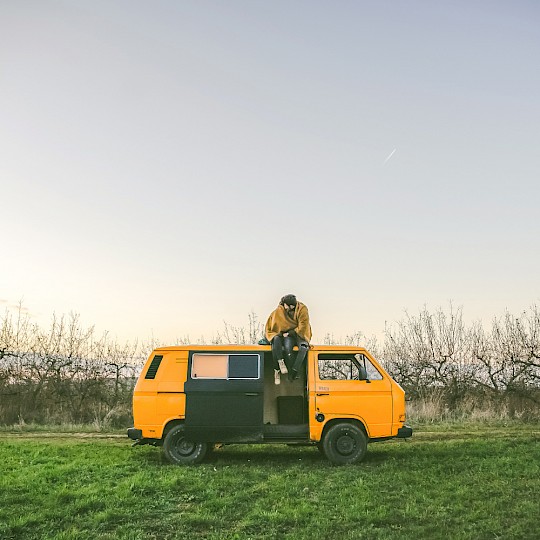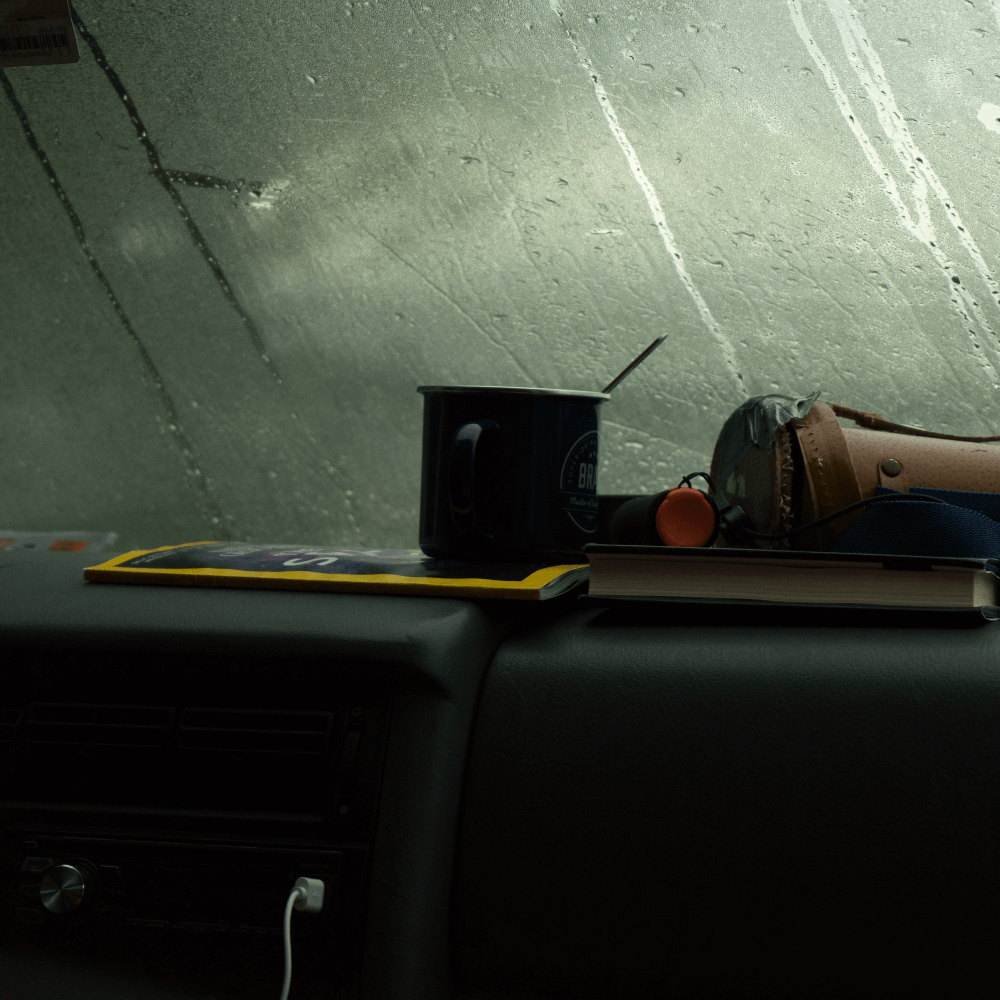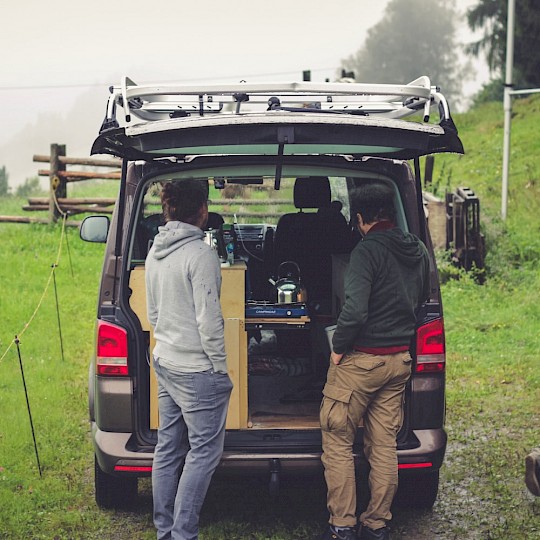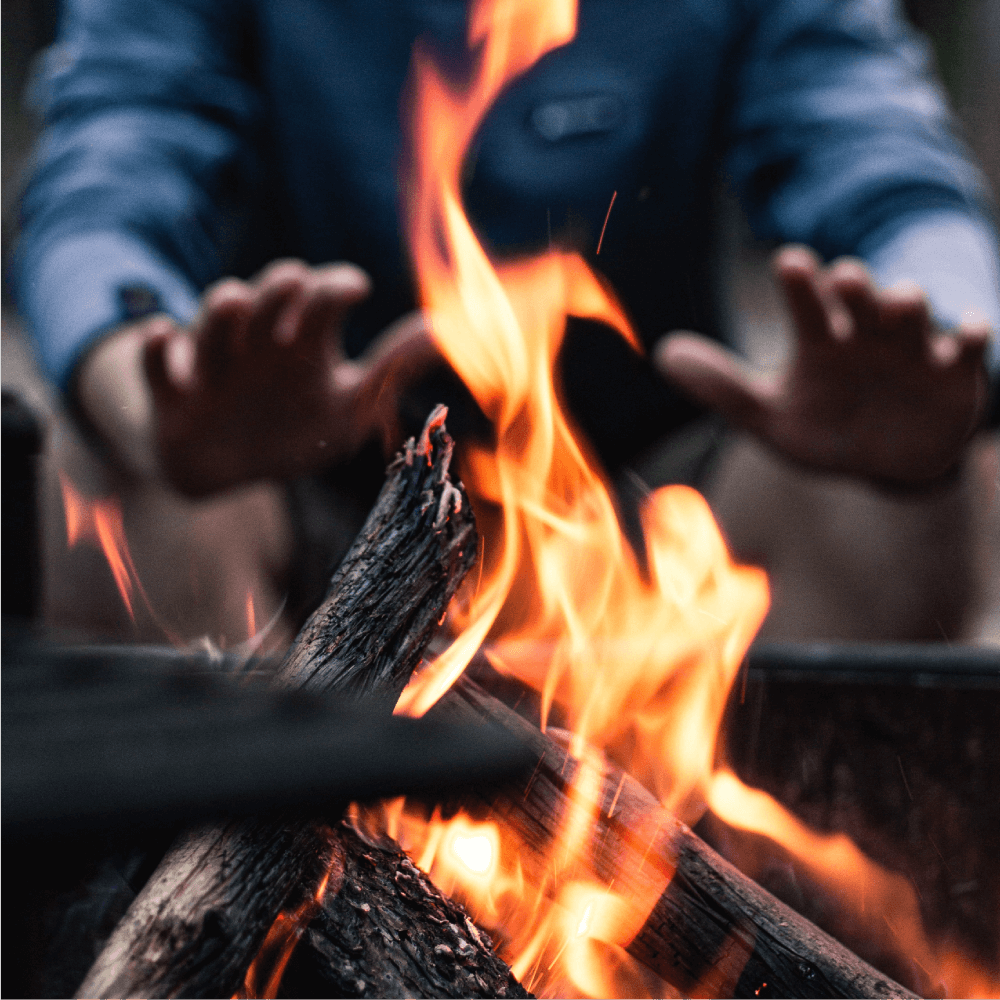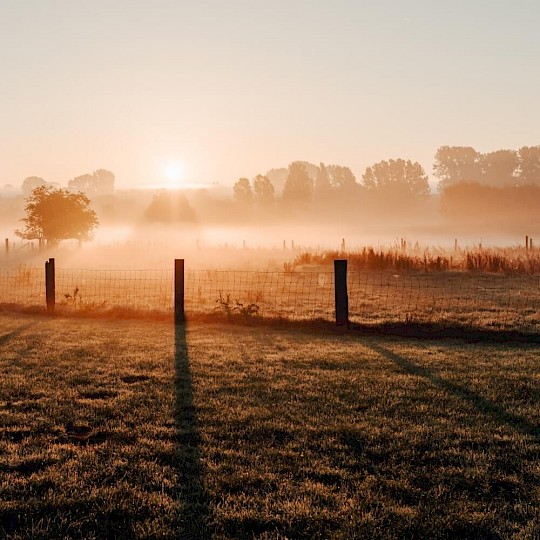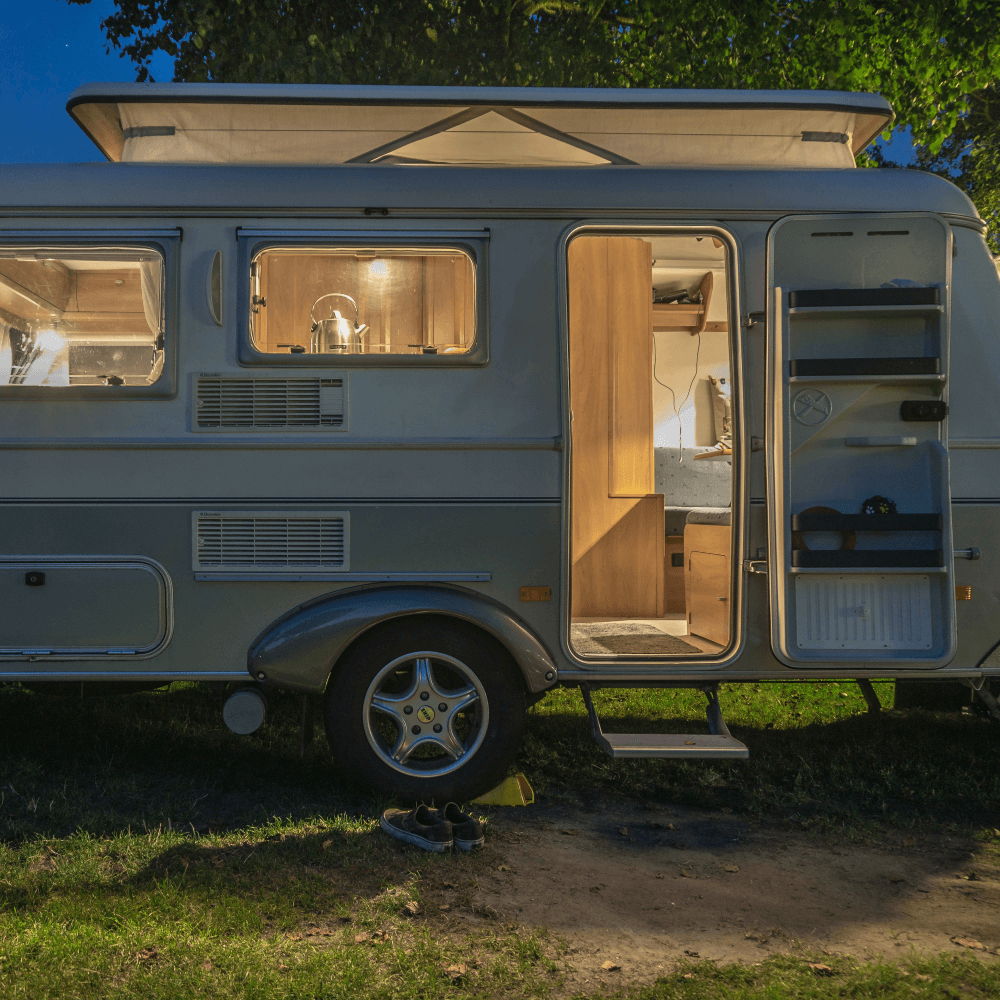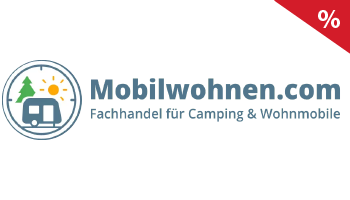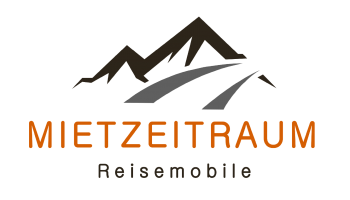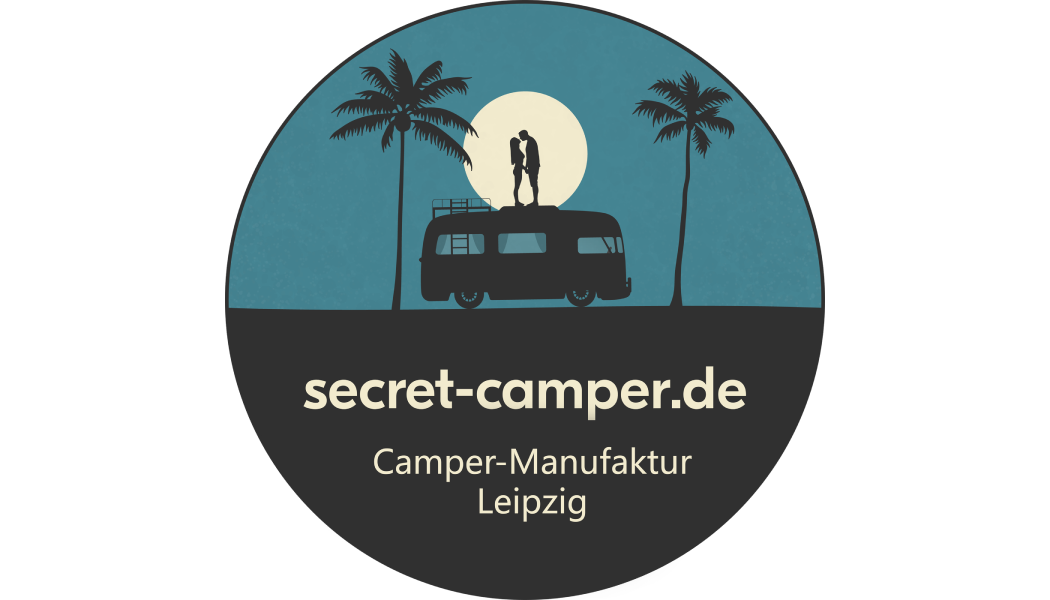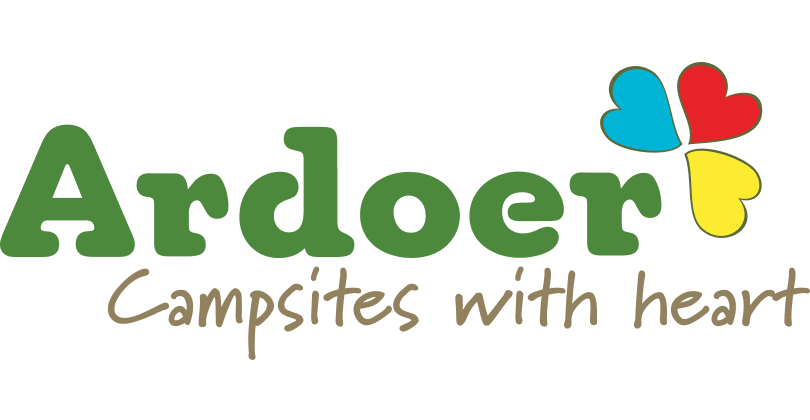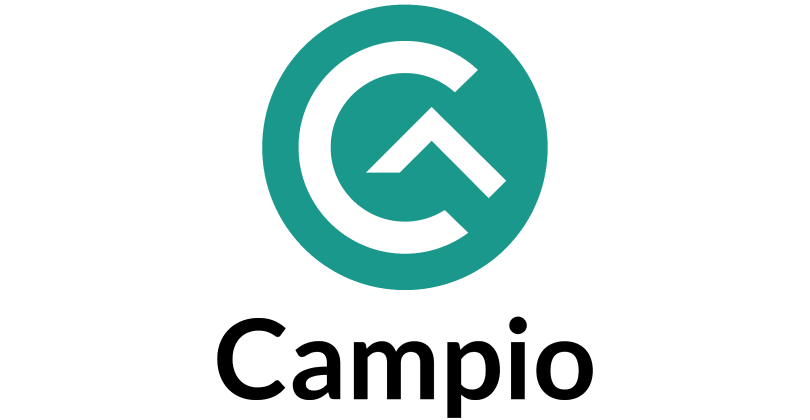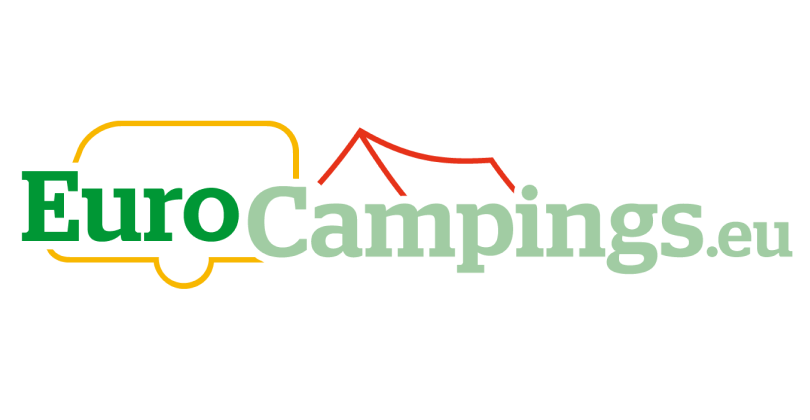Fact #1 - Last names
The surnames of Czech women always end in -ová. In news, foreign women's names are also given the suffix.
Fact #2 - Bribery
In Prague, you can visit a "Corrupt Tour," which takes you to places like ruins of new buildings or investment objects, for the construction of which bribes have been paid.
Fact #3 - West of Western Europe
In classical terms, the Czech Republic is usually considered Eastern Europe, and Austria Western Europe. Prague, on the other hand, is west of Vienna and most of the country is in the west.
Fact #4 - Lump sugar
The Czech Republic is the birthplace of cube sugar. The inventor is Jacob Christoph Rad, head of a sugar factory, who secured a patent for it in 1843.
Fact #5 - Hospitals
The Czech Republic has the highest number of hospital beds per inhabitant in the EU. Staying in a hospital is never nice, but at least there are free beds in case of emergency.
Fact #6 - The Oldest university in Central Europe
Charles University in Prague is the oldest university in Central Europe. It was founded in 1348 by Charles IV and today has more than 50,000 students.
Fact #7 - Charles Bridge
The Charles Bridge in Prague is one of the oldest preserved stone bridges in Europe. The bridge was built in the 14th century and is one of the most popular tourist attractions.
Fact #8 - Speaking of Charles Bridge
At the eastern end of the bridge, you will find a stone called Bradáč or Bearded Man. In the Middle Ages, this stone served as a warning signal for impending floods. When the water reached the head, a flood was imminent.
Fact #9 - Nickname Prague
Prague is also called the "city of a hundred towers." This nickname was given to the city by the author Josef Hormayer in the 19th century when it had over 100 towers. Today Prague has more than 500 towers.
Fact #10 - Heavy language
Czech is one of the most difficult languages to learn in the world. One reason for this is that it does not require vowels. Here's a Czech tongue twister: "Strc prst skrz krk."






